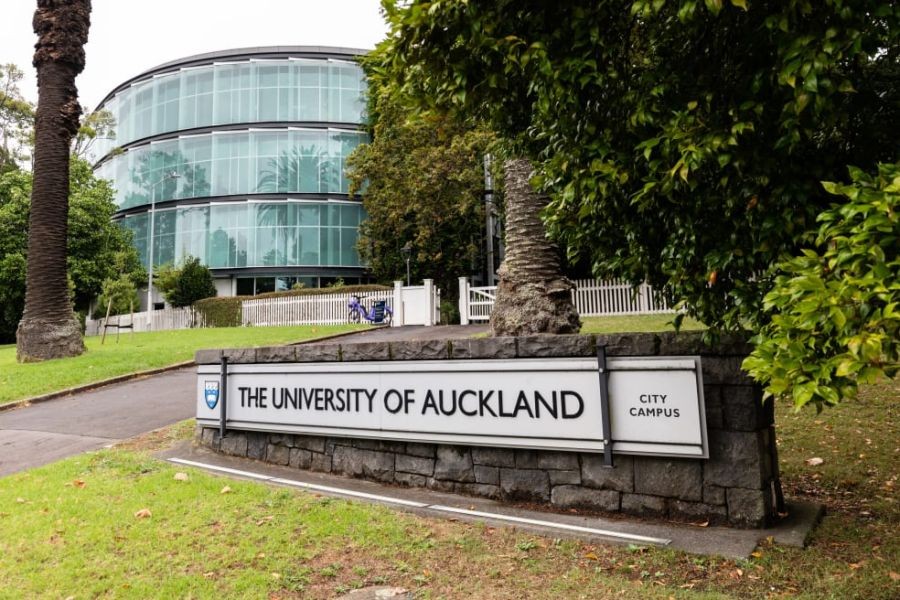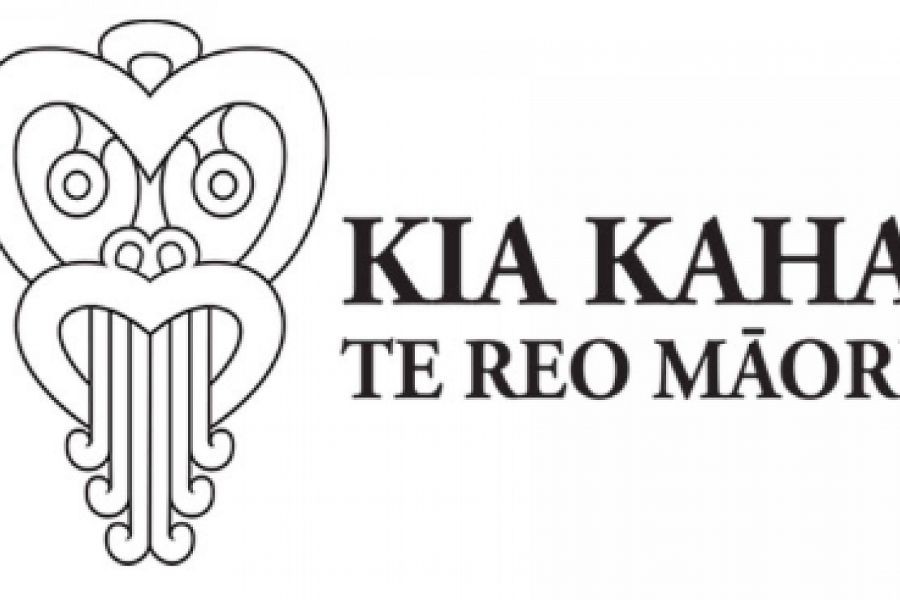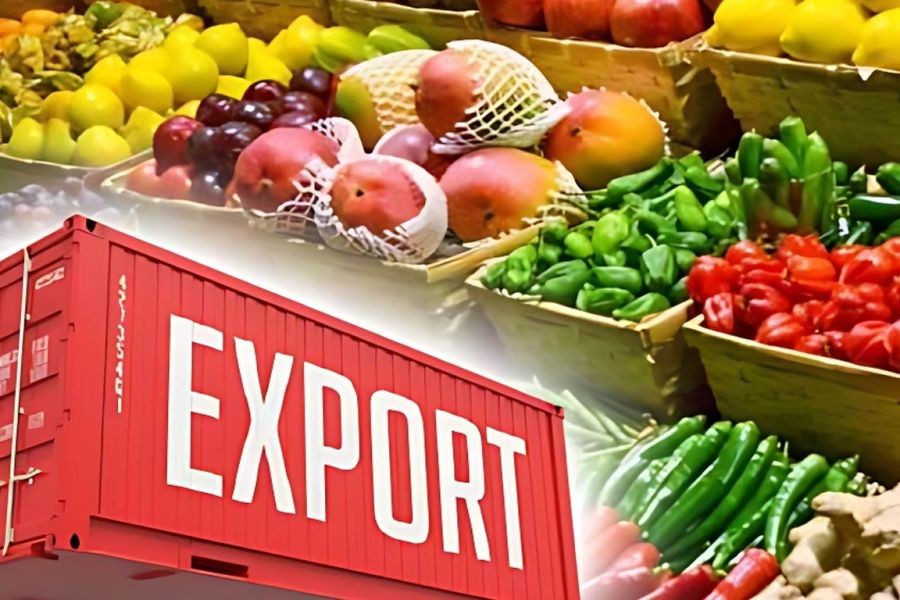In recent years, the geopolitical landscape has been marked by increasing tensions between Russia and Western countries, including Australia. As a Manufacturing Innovation Consultant, you may wonder how a stronger stance against Russia could impact Australia's manufacturing industry and overall economy. This article delves into the complexities of this issue, exploring the potential implications of Australia's position on Russia, backed by data-driven insights, expert opinions, and real-world examples.
Understanding Australia's Current Stance on Russia
Australia's relationship with Russia has been shaped by various geopolitical events, such as the annexation of Crimea in 2014 and the ongoing conflict in Eastern Ukraine. These events have led Australia to impose sanctions on Russia, aligning with international efforts to pressure the Russian government. According to the Australian Department of Foreign Affairs and Trade, these sanctions focus on financial restrictions, trade limitations, and travel bans.
Economic Impact of Sanctions
The economic impact of these sanctions is significant for both countries. For Australia, the sanctions have led to a reduction in trade with Russia, particularly in sectors such as agriculture and mining. In 2022, Russia accounted for only 0.2% of Australia's total exports, according to the Australian Bureau of Statistics (ABS). This decline in trade has had a ripple effect on the manufacturing sector, which relies heavily on exports.
Case Study: The Impact on Australian Agriculture
Problem: The Australian agriculture industry, which exports significant volumes of beef and wheat, faced challenges due to the sanctions imposed on Russia. The restrictions led to a declining market share in Russia, affecting revenue streams.
Action: To mitigate this, Australian agricultural companies began exploring alternative markets and diversifying export strategies. They strengthened ties with Southeast Asian countries and increased investments in local processing capabilities.
Result: After two years, companies saw a 15% increase in exports to Southeast Asia, compensating for the losses in the Russian market.
Takeaway: Diversification in export markets can help Australian businesses reduce dependency on volatile regions and maintain economic stability.
Pros and Cons of a Stronger Stance Against Russia
Pros:
- Alignment with Allies: Strengthening Australia's stance against Russia aligns with Western allies like the US and EU, reinforcing diplomatic relations and international cooperation.
- Human Rights Advocacy: Taking a firm position against Russia's actions supports global human rights initiatives, enhancing Australia's reputation as a defender of international law.
- Market Diversification: Sanctions encourage Australian industries to explore new markets, potentially leading to long-term economic resilience.
Cons:
- Economic Retaliation: Russia may retaliate by imposing its own restrictions, further impacting Australian exports.
- Diplomatic Tensions: A stronger stance could exacerbate diplomatic tensions, affecting bilateral relations with countries sympathetic to Russia.
- Increased Costs: Industries may face increased costs due to the need for market diversification and compliance with sanctions.
Common Myths & Mistakes
Myth: "Sanctions only affect the targeted country." Reality: Sanctions can have broader economic impacts, affecting industries and consumers in both the imposing and targeted countries. For instance, Australian exporters face challenges accessing the Russian market due to sanctions.
Myth: "A stronger stance will lead to immediate results." Reality: The effects of geopolitical strategies like sanctions are often long-term and require sustained efforts and international collaboration.
Debate: Should Australia Strengthen Its Stance?
Advocates argue that a firmer stance against Russia is necessary to uphold international law and human rights. They believe it reinforces Australia's commitment to global stability and aligns with allies. Critics, however, warn of potential economic repercussions, suggesting that diplomacy and engagement might yield better results over time. A middle ground could involve targeted sanctions combined with diplomatic efforts to address the root causes of tensions.
Future Trends & Predictions
By 2028, it's predicted that geopolitical tensions will continue to shape global trade policies. According to a report by Deloitte, countries may adopt more sophisticated sanctions, incorporating digital currencies and cybersecurity measures. Australia's manufacturing sector should prepare for these changes by investing in technology and innovation to remain competitive in shifting global markets.
Final Takeaways
- Understand the Implications: A stronger stance against Russia has complex economic and diplomatic implications for Australia.
- Explore New Markets: Diversifying export markets can mitigate the impact of sanctions and ensure economic stability.
- Stay Informed: Keeping abreast of geopolitical trends and international policies is crucial for making informed business decisions.
What strategies have worked for your business in navigating geopolitical challenges? Share your insights below!
People Also Ask (FAQ)
How does a stronger stance against Russia impact Australian businesses? Australian businesses may face increased costs and market disruptions, but diversifying export markets can mitigate these effects and offer new opportunities.
What are the biggest misconceptions about sanctions? Many believe sanctions only affect the targeted country, but they can have broader economic impacts, affecting industries and consumers in both the imposing and targeted countries.
Related Search Queries
- Australia Russia sanctions impact
- Australian manufacturing industry 2025
- Geopolitical tensions and global trade
- Australia export market diversification
- Future of Australia-Russia relations

































Rise Path
1 month ago